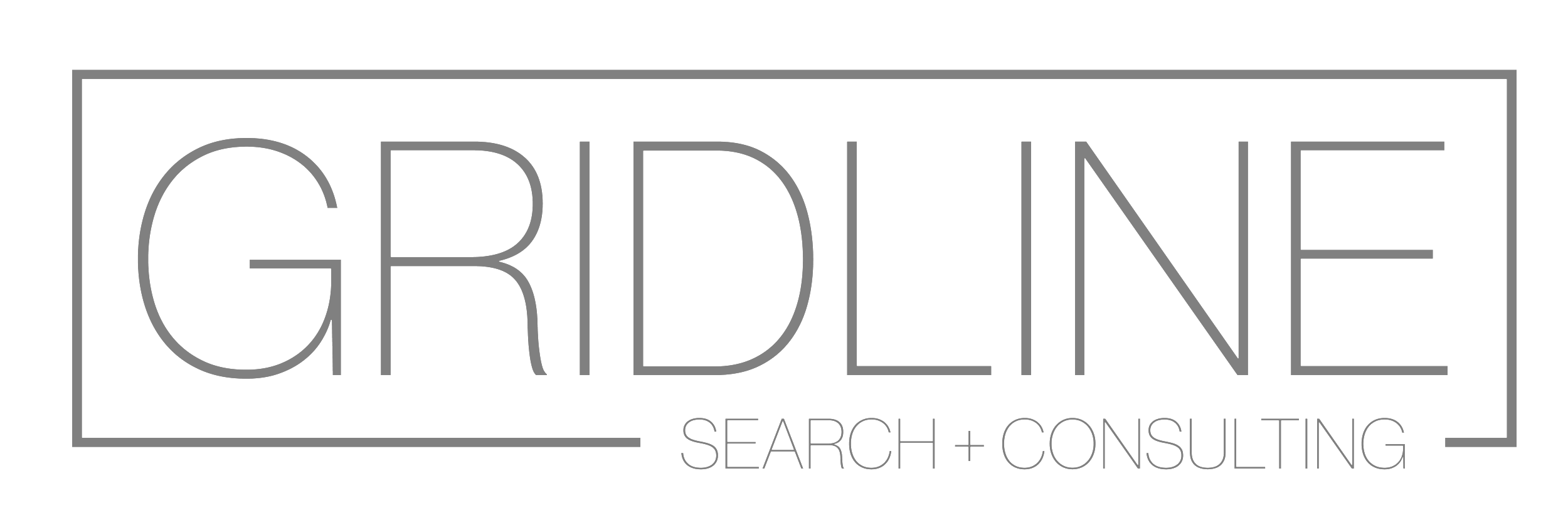Over the last month or so, the BigLaw lateral market has shown a clear and meaningful shift in terms of opportunities.
Across major markets like New York, Boston, Washington, D.C., and the Bay Area, there is more opportunity right now than there has been at any point in the last couple of years. This is not a return to the broad, fast-moving hiring environment of 2021–2022—but it is a noticeable change from the caution and limited movement that defined much of the recent past.
For associates who have felt underutilized, stalled, or simply ready for a change, the timing is no longer hypothetical.
Firms are hiring again—selectively, but with real intent.
What’s Driving the Increase
A significant driver has been the pickup in M&A activity and the confidence that it will continue. As deal flow has increased, firms have found themselves needing additional midlevel support. And importantly, that demand has not been limited to M&A associates alone.
New openings are appearing across:
General corporate practices
Capital markets
Finance
Tax
Executive compensation
Other deal-adjacent groups that play a critical role in transactional work
As transaction volume rises, pressure spreads across these related practices, leading firms to add headcount in multiple areas—not just in the core deal-related practices.
The Data Behind the Increase
This uptick in activity is not anecdotal.
According to high level data from Firm Prospects, January alone saw more than 420 new associate openings at AmLaw 100 firms for attorneys in their 4th, 5th, and 6th years. That figure spans multiple major markets and reflects a broader rebound in firm-side hiring demand across corporate and deal-related practices.
In short, there are simply more positions to fill than there have been in the last couple of years.
New York: High Interest, Real Opportunity
New York, by far the largest market for BigLaw associate opportunities, continues to see a high level of interest from associates considering a move after bonus season. Many candidates are actively exploring options, which is understandable given how constrained hiring has been across corporate practices for the last several cycles.
At the same time, firms in New York are opening more roles than they have in recent years, particularly across M&A, general corporate, and deal-support practices. The result is a market with movement on both sides: firms with genuine needs and associates taking a fresh look at their options. For candidates with the right experience—and a clear explanation for why they are making a move—New York remains a market where lateral transitions are very much achievable right now.
Why Targeting Still Matters
Even in a more active market, lateralling is not about volume.
From a BigLaw firm's perspective, hiring needs remain highly specific. If a firm is looking for an associate with specialized life sciences transactional experience, that role will still be filled by someone whose deal list clearly reflects that background. General deal exposure, no matter how strong, won’t substitute for missing specialization.
From the candidate’s side, the same discipline applies. A lateral move should only happen if it meaningfully aligns with why you’re considering a change in the first place. That might include:
Better or more predictable compensation
A stronger or more relevant client base
A better platform for in-house opportunities
Clearer advancement prospects
Relocation to a location you genuinely want
If an opportunity does not offer something concrete along those lines, it is rarely worth making it a focal point of a search.
How I Approach the Market
My approach as a recruiter at Gridline Search + Consulting is intentionally selective. I don’t believe in submitting résumés to a long list of firms and hoping something sticks.
Instead, I work with candidates to build a tailored list of opportunities that:
Closely match a firm’s actual hiring needs
Align with a candidate’s experience and interests
Have a high likelihood of producing interviews, not just activity
In a market that is active but still selective, precision is what turns opportunity into real momentum.
For 4th–6th year BigLaw associates in corporate and deal-related practices, this is one of the more promising windows we’ve seen in recent years. There is real hiring activity across major markets, driven by renewed deal flow and firm-specific needs. But the associates who benefit most are not the ones who rush to move. They are the ones who approach the market thoughtfully, stay focused on what they actually want, and treat a lateral move as a step forward—not just a change of scenery.




















